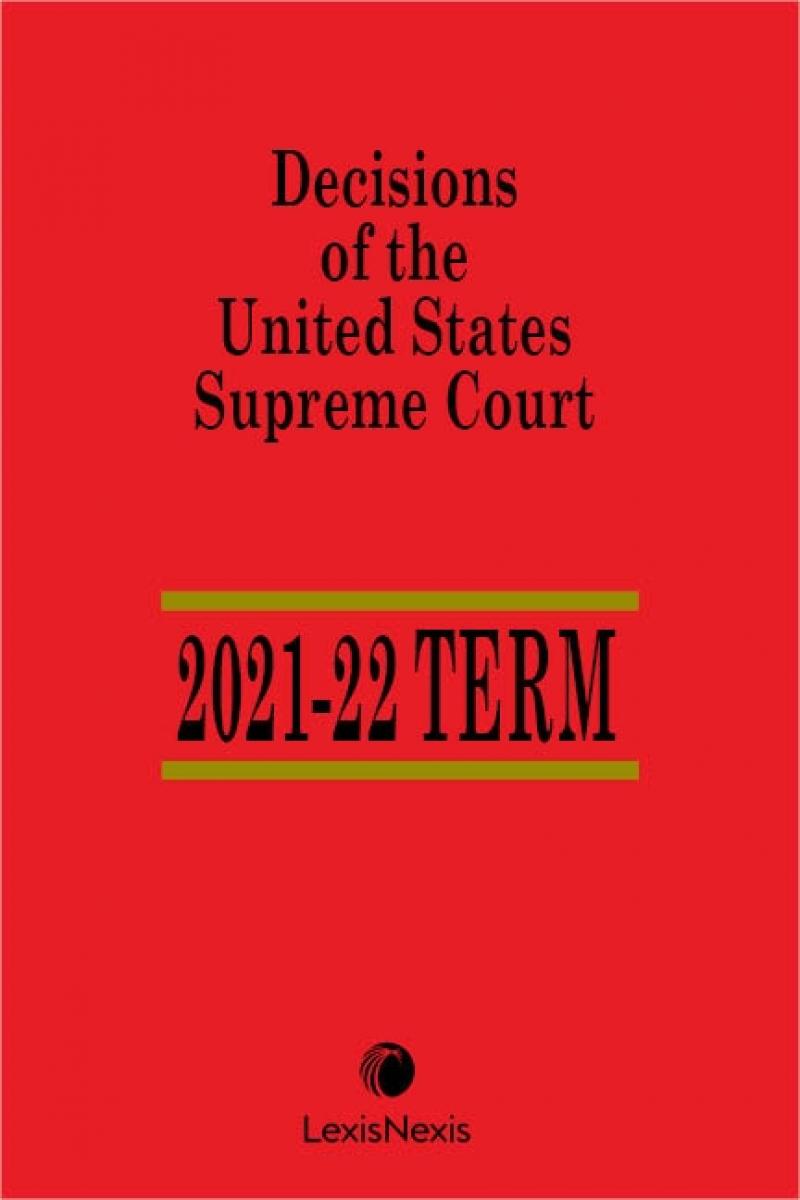
Opinion Editorial: Balancing Privacy and Public Safety
As a legal expert and editor of an online legal journal, I understand the importance of privacy and public safety. These two values are often at odds with each other, and finding the right balance is crucial in maintaining a just and democratic society.
The Role of Technology
In the age of technology, law enforcement agencies have access to an unprecedented amount of information about citizens. While this can be a valuable tool in solving and preventing crimes, it also raises serious privacy concerns. As we continue to embrace new technologies, it’s important that we establish clear guidelines and regulations to protect citizens’ privacy while also allowing law enforcement to do its job.
The Fourth Amendment
The Fourth Amendment of the U.S. Constitution protects citizens from unreasonable searches and seizures. In the digital age, this includes the use of surveillance technologies such as GPS tracking, wiretapping, and facial recognition. While these technologies can be useful in investigating crimes, they also have the potential to infringe on citizens’ privacy rights. We must ensure that the use of these technologies is always subject to court oversight and respect for the Fourth Amendment.
Data Privacy Laws
Many countries, including the United States, have established data privacy laws to protect citizens’ personal information. These laws outline how businesses and organizations can collect and use data, and they give citizens the right to control their own data. However, there is still much work to be done in this area. We need stronger data privacy laws that apply across all industries, and we need to hold companies accountable when they violate these laws.
The Importance of Transparency
Transparency is crucial in maintaining public trust in the justice system. When law enforcement agencies use new technologies or tactics, they must be transparent about their methods and their goals. This includes clear explanations of what information is being collected, how it will be used, and how citizens can protect their privacy rights. By being transparent, law enforcement agencies can show that they are acting in the best interest of the public and not overstepping their bounds.
Public accountability is another key component of maintaining trust in the justice system. When law enforcement agencies engage in surveillance or other activities that impact citizens’ privacy, they should be required to report on their actions and their outcomes. This includes regular audits of surveillance systems and public access to information about the use of these systems. By holding law enforcement agencies accountable, we can ensure that they are acting within the bounds of the law and respect citizens’ privacy rights.
Finally, public education is essential in creating a more informed and engaged citizenry. Citizens must understand their privacy rights and be aware of how new technologies can impact those rights. This requires ongoing education campaigns and public outreach efforts to ensure that citizens have access to the information they need to protect themselves.
Conclusion
Privacy and public safety are both essential values in our society. As a legal expert and editor of a legal journal, I believe that we can find the right balance between the two by establishing clear guidelines and regulations, ensuring transparency and accountability in law enforcement activities, and educating citizens about their privacy rights. By doing so, we can maintain a just and democratic society that protects the rights of all citizens.
Originally Post From https://www.hinshawlaw.com/newsroom-updates-insights-for-insurers-trilogy-us-supreme-court-decisions-entities-challenge-agency-regulations.html
Read more about this topic at
How To Turn Observations Into Insight – Dionna McPhatter
The Dance Between Observations and Insights


